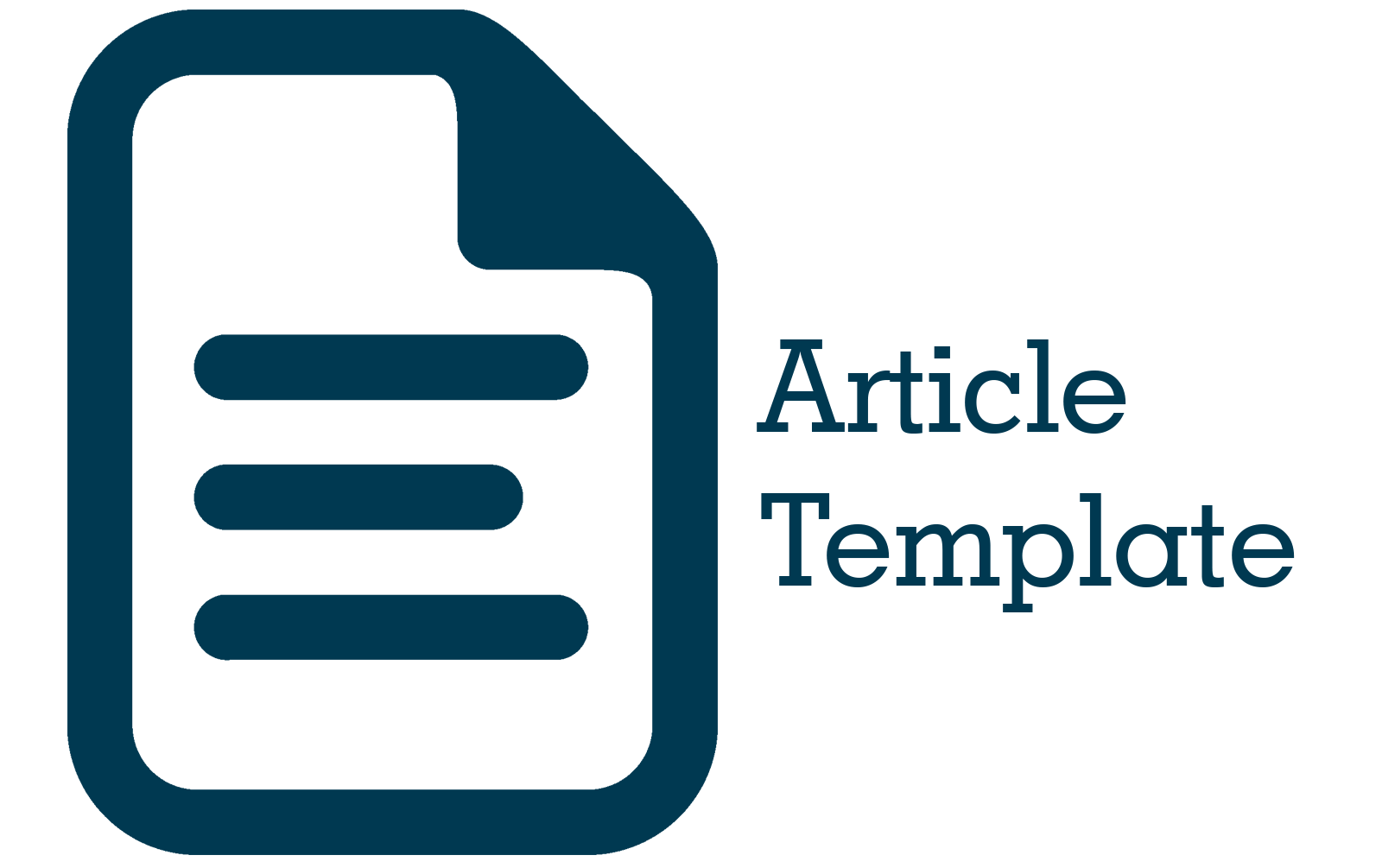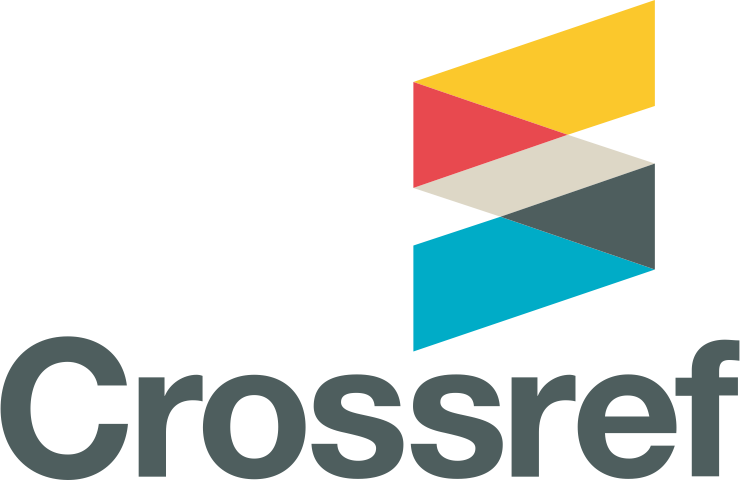Human Resource Development Through Knowledge Management System
DOI:
https://doi.org/10.33633/jais.v8i1.7157Abstract
In the era of globalization, knowledge within the company has become something that is very decisive for the success of a company. Knowledge Management System (KMS) as a key element in knowledge management, is an application system used by organizations to manage tacit and explicit knowledge as a platform for communicating information. Employee Cooperative (Kopkar) PT. Gudang Garam Tbk is a cooperative engaged in savings and loans under the auspices of PT. Gudang Garam Tbk Kediri which has a very important role in improving the welfare of employees. The advancement of science and technology is a new challenge for the HR & General Division to process the knowledge assets owned by each employee. As a result of the very accelerating effect of globalization, the emphasis on the importance of the quality of human resources (HR) is one response in responding to these changes. This research method uses data collection methods, data analysis and software development. While analyzing the knowledge management process into a client/server oriented system using the SECI model. From the report, 80% of the discussions that are often shared are in the category of cooperative management issues, and 20% discuss articles about the role of technology and how to grow productivity in an organization.References
Kusumadmo, E. 2013. Manajemen Strategik Pengetahuan. Yogyakarta : Cahaya Atma Pustaka.
King, W.R. 2009. Knowledge Management And Organizational Learning. Annals of Information System 4, DOI 10.1007/978-1-4419-0011-1_1, Spinger Science+Business Media, LLC 2009. Pittsburgh.
Yusup, Pawit M. 2012. Perspektif Manajemen Pengetahuan Informasi, Komunikasi, Pendidikan, dan Perpustakaan. Jakarta : Rajawali Press.
Samsudin, Sadili. 2010. Manajemen Sumber Daya Manusia. Bandung : Pustaka Setia.
Badriyah, Mila. 2015. Manajemen Sumber Daya Manusia. Bandung : Pustaka Setia.
Sugiyono. 2013. Metode Penelitian Pendidikan Pendekatan Kuantitatif, Kualitatif, dan R&D. Bandung : Alfabeta.
Darmawan, Deni dan Nur Fauzi, Kunkun. (2013)Sistem Informasi Manajemen, Bandung : PT. Remaja Rosdakarya Offset.
McLeod, Raymod. (2010) Sistem Informasi Manajemen. Jakarta: Salemba Empat
A.S Rosa, dan M. Shalahuddin. 2016. Rekayasa Perangkat Lunak Struktur dan Berorientasi Objek. Bandung: Informatika.
Henderi. 2008. Unified Modeling Language. Yogyakarta : Andi offset.
Kadarisman, M. 2013. Manajemen Pengembangan Sumber Daya Manusia. Jakarta : Rajawali Pers.
Widyatmoko, Pamungkas N, 2022, Pemodelan Unified Modeling Language pada Sistem Aplikasi Pariwisata (SiAP), 2022, Jurnal Bumigora Information Technology (BITe), Vol.4, No.1, Juni 2022, pp. 73-84, ISSN: 2685-4066
Novita, S. D. 2014. Pengaruh Komunikasi dan Pengembangan Karir Terhadap Kepuasan Kerja Karyawan PT Pelabuhan Indonesia I (Persero) Cabang Belawan. Universitas Negeri Medan.
Nugroho, A. 2009. Rekayasa Perangkat Lunak Menggunakan UML dan JAVA. Yogyakarta : Andi.
Sugiyono. 2012. Metode Penelitian Pendidikan Pendekatan Kuantitatif, Kualitatif, dan R&D. Bandung : Alfabeta.
Wijayanto., Tegar, dkk. 2013. Analisis dan Perancangan Sistem Informasi Pemesanan dan Penjualan Barang dengan Metode Berorientasi Objek di U.D Aneka Jaya Surabaya. Surabaya : Universitas Airlangga.
Meliana Dwi Lestari , Sofia. A. Sambul , Olivia F. C. Walangitan , 2020, Knowledge Management dan Pengembangan Sumber Daya Manusia terhadap Kinerja Karyawan Bank Mandiri KC Tahuna, Jurnal Productivity, Vol. 1 No. 4, 2020, e-ISSN. 2723-0112
Falah, A. S. N. dan Prasetya, A. 2017. Pengaruh Knowledge Management Terhadap Kinerja Karyawan dan Kinerja Perusahaan (Studi pada Karyawan PT Semen Indonesia Persero Tbk). Jurnal Administrasi Bisnis 50 (4) 192-198.
Panungkalen, W.M. 2020. Pengaruh Knowledge Management dan Kepuasan Kerja Terhadap Kinerja Karyawan pada Bank Sulutgo Cabang Utama Manado. Jurnal Administrasi Bisnis.
Zuraidah, Eva, 2018,“Knowledge Management System Untuk SDM Menggunakan Seci Model (Studi Kasus: Koperasi Karyawan)”. Jurnal Informatika, Vol.5 No.1, 2018, pp. 157-168.
Downloads
Published
Issue
Section
License
- Authors retain copyright and grant the journal right of first publication with the work simultaneously licensed under a Creative Commons Attribution License that allows others to share the work with an acknowledgment of the work's authorship and initial publication in this journal.
- Authors are able to enter into separate, additional contractual arrangements for the non-exclusive distribution of the journal's published version of the work (e.g., post it to an institutional repository or publish it in a book), with an acknowledgment of its initial publication in this journal.
- Authors are permitted and encouraged to post their work online (e.g., in institutional repositories or on their website) prior to and during the submission process, as it can lead to productive exchanges, as well as earlier and greater citation of published work (See The Effect of Open Access).









